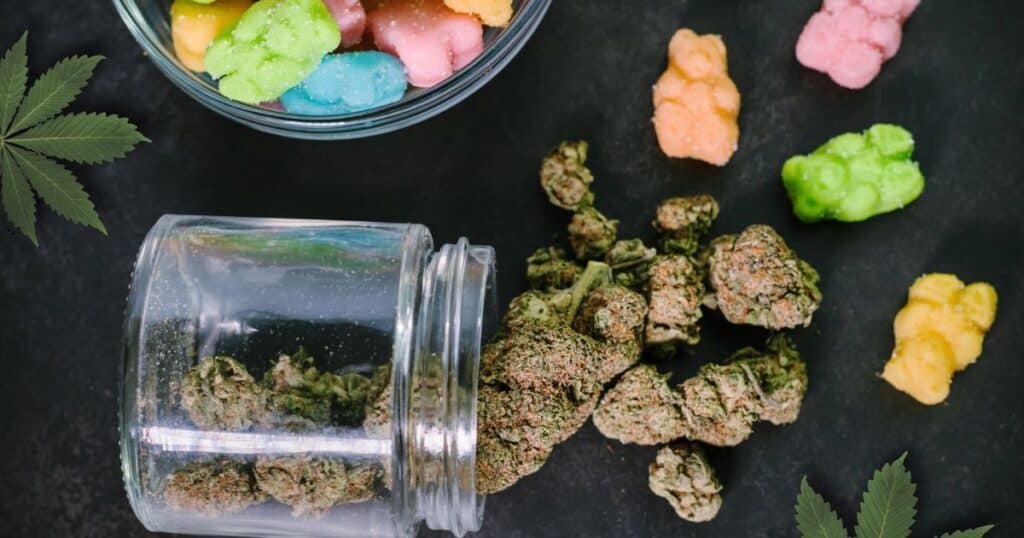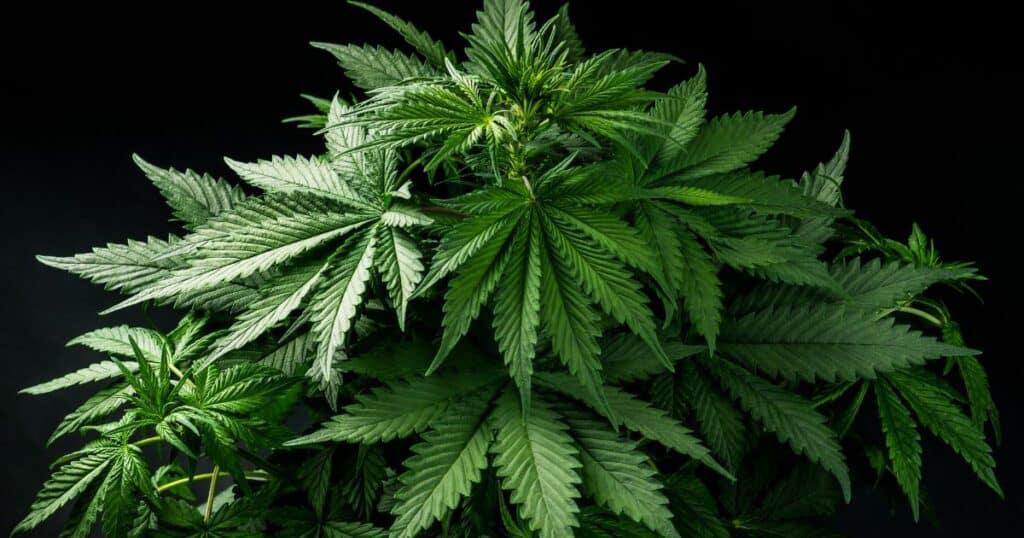The Federal Trade Commission (FTC) and the US Food and Drug Administration (FDA) recently issued warning letters to six companies selling products containing delta-8 THC, a cannabinoid from the Cannabis sativa plant.
The agencies expressed concern that these edible products could be easily confused by children for regular food items.

Unfortunately, this is another example of the chaotic state of cannabis/hemp-derived products on the market in general and how fragmented regulations from state to state allow misconduct like this to occur.
Delta-8 THC is one of many cannabinoids found in both marijuana and hemp plants, but its effects are not as intense as tetrahydrocannabinol (THC).
While it has not been regulated at the federal level like marijuana, the Farm Bill of 2018 removed hemp from the Controlled Substance Act. This has led to some states banning the sale of delta-8 THC and other states creating their laws and regulations.
The warning letters were sent under Section 5(a) of the FTC Act, which prohibits unfair or deceptive acts in or affecting commerce, including marketing practices that may pose a health or safety risk.
The companies were given 15 working days to show proof of specific actions they have taken to address concerns about their products. So far, none of them have commented publicly on the matter.
This is another reminder of how chaotic and unregulated cannabis/hemp-derived products can be in the US. With no national standard in place, companies are free to market and sell products with varying levels of oversight from state to state. It is up to consumers to remain vigilant when it comes to understanding what they are buying and its potential risks.
Unfortunately, issues like these will continue to occur once federal regulations are put in place.
Companies Affected by Warning Letters
The FTC and FDA recently sent warning letters to six companies selling products with delta-8 THC content. The warning letters were issued to: Delta Munchies, Dr. Smoke LLC (also known as Dr. S LLC), Exclusive Hemp Farms/Oshipt, Nikte’s Wholesale LLC, North Carolina Hemp Exchange LLC and The Haunted Vapor Room.
*(Earlier we had incorrectly listed the six companies named that received letters. This has since been corrected.)
These companies were identified as selling a variety of products containing delta-8 THC that the FDA and FTC say could confuse children for regular food items due to inadequate labeling.
The majority of these products included candies such as gummies, chocolates, and lollipops – all of which have colorful packaging that can easily be confused for regular candy or other snacks. Other products include tinctures, vape cartridges, pre-rolls, and even “delta-8 THC chocolate bars”.
The warning letters explain that the companies are in violation of Section 5(a) of the FTC Act, which prohibits unfair or deceptive acts in or affecting commerce, including marketing practices that may pose a health or safety risk.
“Children are more vulnerable than adults to the effects of THC, with many who have been sickened and even hospitalized after eating ‘edibles’ containing it. That’s why we’re issuing warnings to several companies selling copycat food products containing delta-8 THC, which can be easily mistaken for popular foods that are appealing to children and can make it easy for a young child to ingest in very high doses without realizing it,” said FDA Principal Deputy Commissioner Janet Woodcock, M.D. “The products we are warning against intentionally mimic well-known snack food brands by using similar brand names, logos, or pictures on packaging, that consumers, especially children, may confuse with traditional snack foods. We’re also concerned that adults could unintentionally take them or take a higher dose than expected and suffer serious consequences. This risk is especially dangerous for those who are driving, working, or have other responsibilities. The FDA remains committed to taking action against any company illegally selling regulated products that could pose a risk to public health.”
The agencies also raised concerns about the fact that these products have yet to go through FDA approval and may contain ingredients not listed on their labels.
If these companies do not take action to address the violations outlined in the warnings within 15 working days, they could be subject to legal action from the FTC and FDA. This could include civil penalties or an injunction prohibiting them from continuing to market and/or sell their delta-8 THC products.
FTC and FDA Comments on Delta-8
Since the warning letters from the FTC and FDA were issued, reports of adverse events related to delta-8 THC edibles have surfaced. Although delta-8 is not as potent as marijuana’s main chemical compound (THC), it can still produce similar effects when consumed in large amounts.
In fact, the Centers for Disease Control and Prevention even issued warnings about products with insufficient labeling that may contain high levels of delta-8 THC.
The FDA has also warned consumers about potential dangers associated with eating foods that contain delta-8 THC, particularly for kids. This is due to the fact that delta-8 can quickly accumulate in their bodies without them realizing it, leading to an increased risk of psychotropic side effects like paranoia, anxiety, and hallucinations.

Due to these concerns, some states have banned the sale of delta-8 THC. For companies that continue to sell products containing this cannabinoid, they must adhere to the FDA’s labeling requirements so as not to confuse consumers, particularly children.
The FTC and FDA warning letters sent to six companies selling delta-8 THC highlight yet another example of the chaotic state of cannabis/hemp-derived products on the US market.
Until federal regulations are implemented, companies must remain vigilant regarding understanding what they are selling and ensuring their labels meet FDA guidelines.
Enjoyed that first hit? Come chill with us every week at the Friday Sesh for a freshly packed bowl of the week’s best cannabis news!

















